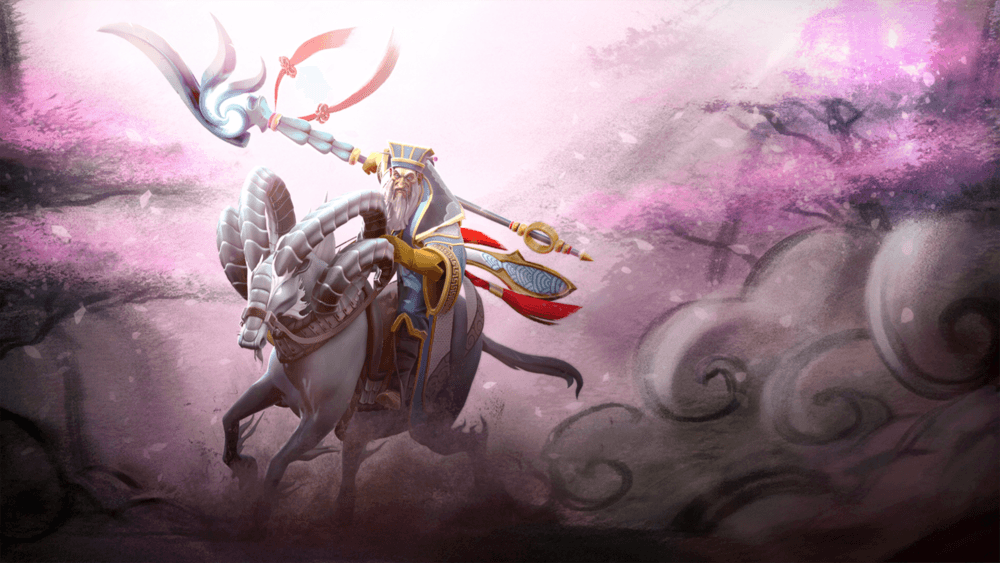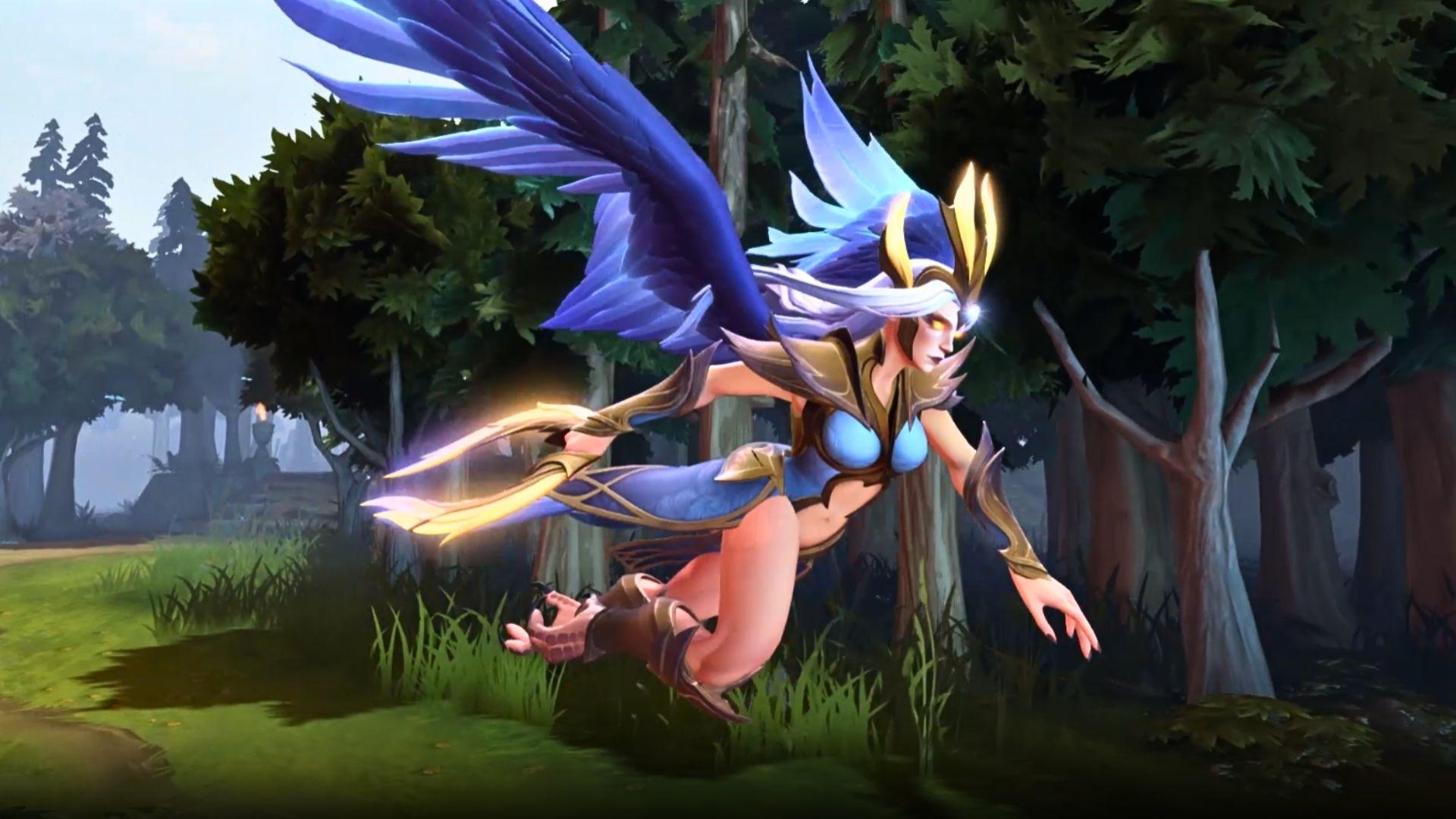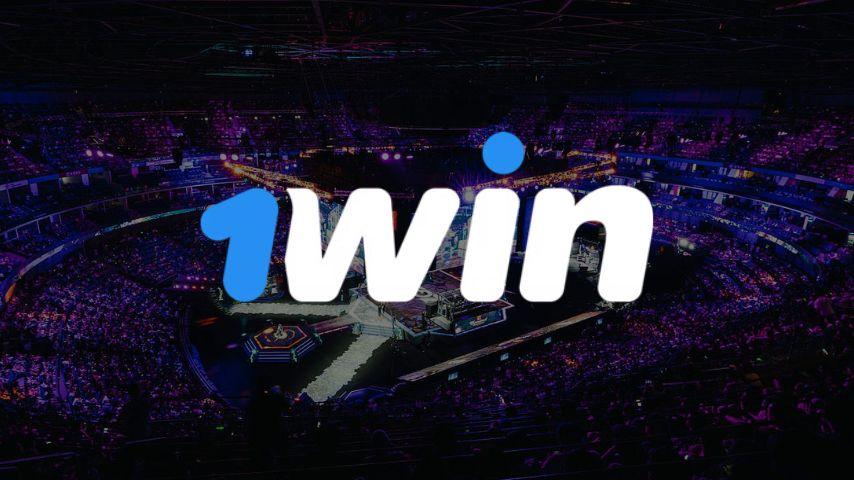
Valve dev debunks Dota 2 players’ “forced 50% win rate” theory
Dota 2 players have always speculated that the matchmaker forces a 50% winrate, where a five-game winning streak will inevitably be followed by a five-game losing streak. But a Valve developer has finally debunked that theory.
Dota 2’s matchmaking system is an extremely complicated series of algorithms designed to give players the fairest match possible, adjusted for queue time. Fans have spent years discovering some of its criteria through experience and experimentation. Now a Valve developer has finally stepped forward to explain how Dota 2 matchmaking works. He also gave new clues on how Valve’s matchmaking system categorizes players.
Valve senior software engineer Jeff Hill is one of the many developers behind Dota 2’s multiplayer infrastructure. In social media comments, Hill spoke out on the phenomenon of players perceiving a game coordinator-enforced 50% win rate.
“The Dota matchmaker will optimize for each individual game made being well-balanced, defined as games where the matchmaker predicts each side has an equal chance to win. As a consequence of this goal, over the long term all players will tend towards a 50% personal win rate… A 50% lifetime win rate isn’t an explicit goal or constraint of the matchmaker, rather it’s a consequence of trying to make the teams for each individual game fairly…” said Hill.
Hill further explained that the game coordinator does take some non-MMR factors into account, but these attributes shouldn’t affect the outcome of matches at scale. The Dota 2 matchmaking process considers preferred language, connection latency, behavior score, and lifetime volume of games played. Those traits are designed to give people higher-quality experiences, not necessarily a better chance of winning.
Does Dota 2 have a secret MMR?
In a later comment, Jeff HIll further clarified what Dota 2’s matchmaking system does not consider. The match coordinator is completely unaware of any player’s financial input and recent activity. These factors are not used to create any kind of secret MMR value designed to reward big spenders. There have long been rumors of other games rewarding players for skin purchases by matching them against lower-ranked opponents.
“We don’t optimize for meta-gameplay metrics like ‘reducing player churn’, ‘maximal player engagement’ or anything like that. If the Dota matchmaker makes matches as fair and fun as possible, we think that’s the best long-term strategy to serve Dota players.” wrote Hill.
Hill also debunked the commonly-believed myth that Dota 2 players have a “secret MMR” in addition to their real one. The Valve developer admits that Dota 2 does keep a hidden skill assessment for each player, but explained that it isn’t used for ranked matchmaking. It’s only used to coordinate unranked matches so that games can still be competitive.
While there’s still plenty of room for the Dota 2 community to build theories, Hill’s statements are a rare look into how the game actually works. Players have long-held beliefs about force 50% win rates, secret MMRs, and paid-player biases. However, Hill brushed all that off in one fell swoop.
Recommended

BLAST entering Dota 2 esports with five tournaments
“We have plans that Dota fans haven’t seen before.”

Dota 2 Crownfall update: What’s new?
Exciting, but no Ringmaster.

1win accuses ESL One Birmingham of favoring OG after Visa issues
“Not the Visa curse.”







